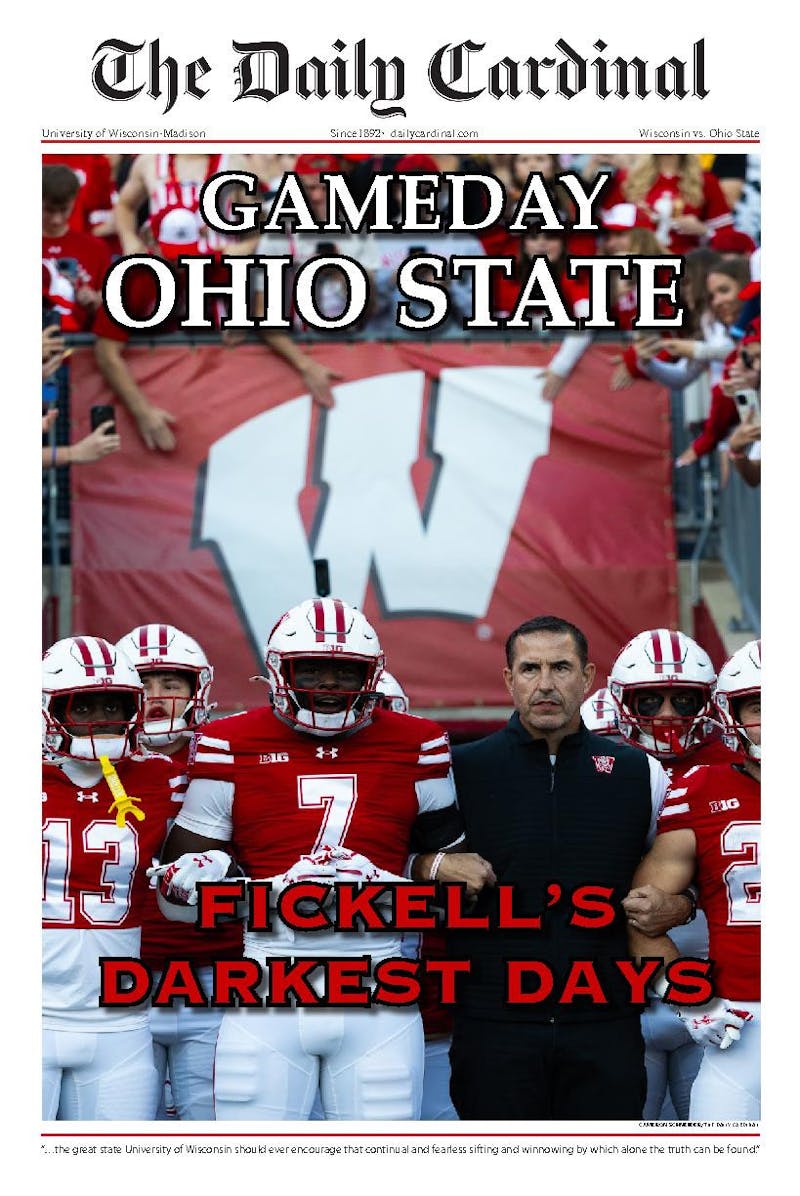Newly reunited bands certainly feel a lot of pressure from fans and critics alike to perform at standards previously set before a hiatus.
Take, for example, acts that have re-formed in the past year such as Refused, Pulp and At the Drive-In.
Critics considered each of these bands pioneers within their respective genres and all of them had slots at heavily attended festivals like Coachella and Lollapalooza this year.
Undoubtedly, the forces mounted in favor of these acts to uphold their once-lofty standards, and this is the very same challenge indie-rock quartet Grizzly Bear faces with their latest LP, Shields.
Due in large part to their 2009 record Veckatimest, Grizzly Bear’s success has been overarching.
The stellar baroque-pop record broke through to the mainstream that same year, capturing the attention of a diverse audience and even landing a song in a Volkswagen commercial. Its immense success drove the band to a three-year hiatus, allowing fans to question whether the band could possibly improve upon such a defining record.
Shields is a logical transition for these Brooklyn-based visionaries. Whereas their first major album, Yellow House, heavily utilized acoustic melodies, and Veckatimest grandiose pop arrangements, Shields steps outside the traditional bounds of instrumentation to embody something truly unique in the indie-rock world. Using a multitude of instruments, the band creates a cohesive record held tightly by new sounds and repeated lyrical themes.
“Sleeping Ute,” the album’s first track, proves to fans Grizzly Bear has yet to cease imagining the endless possibilities of their talents. One hears the familiar vocal pairings of Edward Droste and Daniel Rosen while simultaneously experiencing sounds previously unheard: heavily distorted guitar patterns, rolling synthesizer melodies and orchestral harmonies soon permeate the ears of listeners.
“Yet Again” provides another example of new directions the proven band has decided to take. Jarring guitar chords complement Droste’s distinct voice, culminating with a shoegaze inspired jam towards the end.
The listener is left with the faint buzzing of an electric piano, producing a sense of loneliness akin to when Droste first utters, “Yet again, we’re the only ones.”
The seminal moment on Shields, however, is the illusively brilliant “What’s Wrong.”
Never before has Grizzly Bear produced something so haunting—a track where simplistic piano chords are appreciated and the faint whine of distant violins becomes comforting. Droste’s uncharacteristic baritone accompanies eerie synthesizer notes, painting a scene of despair as Rosen belts “You never even tried.” Fading into the abyss, a lonely trumpet offers a sense of hope as the song abruptly ends.
With repeated listening, Shields becomes even more surprising, as unseen subtleties come to characterize individual tracks. One begins to appreciate things such as the Tim Hecker-like drone melodies in “Adelma” or the bouncing synthesizer pattern and slide guitar combination in “gun-shy.”
Even moments that hearken back to Veckatimest sound refreshing amidst newly inspired musical textures, such as the rolling drumbeats in “Half Gate.” The combination of these seemingly minor instances hidden within elaborate compositions truly makes this record special.
Shields shouldn’t be compared to Veckatimest. Furthermore, it shouldn’t be compared to any Grizzly Bear recording in existence.
The album is so distinct in and of itself that any comparison to previous works would be unfair to the beauty and innovation these songs represent.
Shields not only silences those who doubted the band’s future, but further establishes Grizzly Bear as one of the most creative rock groups of the past decade.
The question now remains: Can these imaginative musicians further create new and exciting music? Based on the success of this well-conceived re-immersion into the music world, one can only hope.





